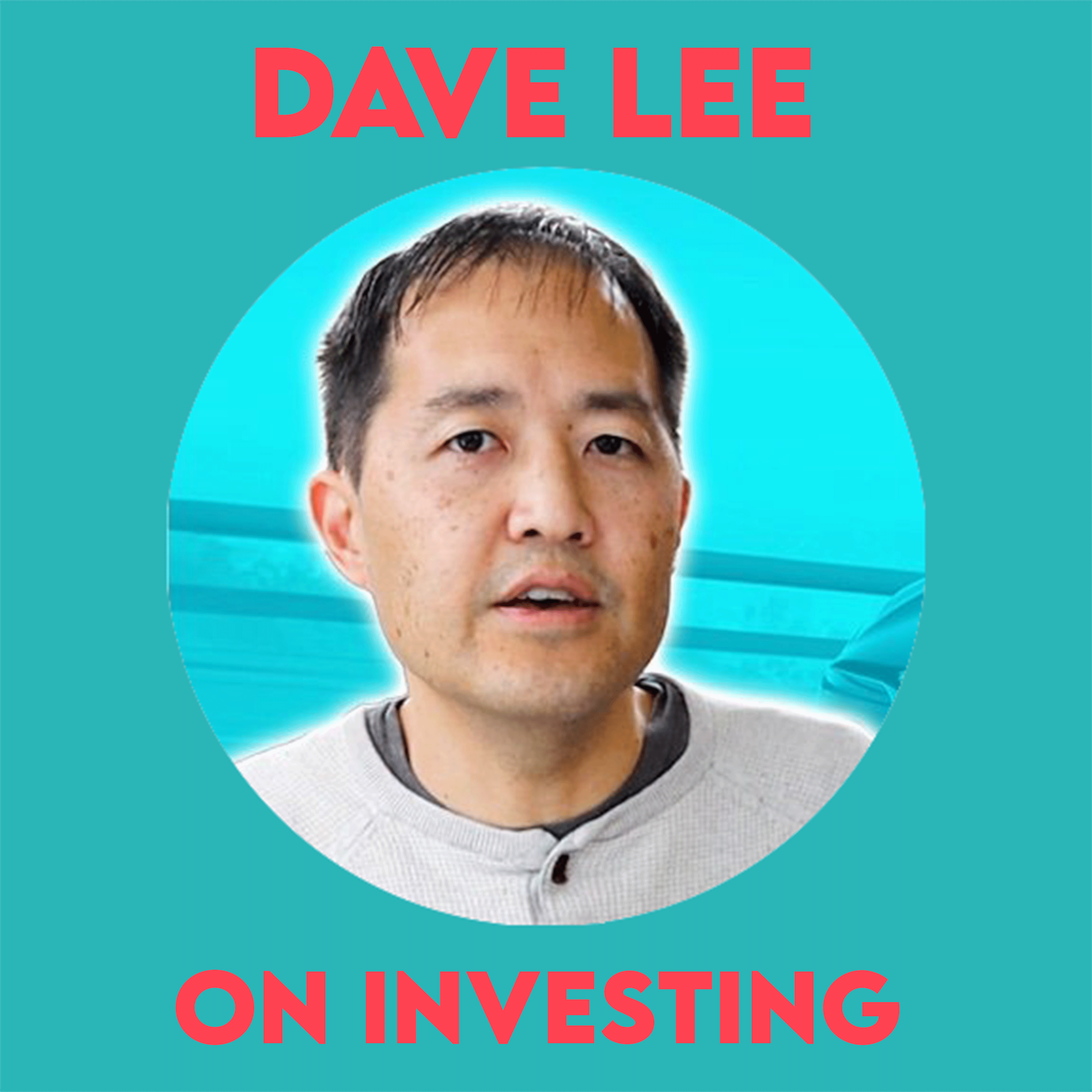
Tesla's Next Act: Conquering AI Transport and AI Labor

Dave Lee on Investing
Deep Dive
Shownotes Transcript
Hey, it's Dave. So here's what most analysts are missing with Tesla. The real test of a generational company isn't just dominating its initial market. Rather, it's the ability to go head to head with the world's best companies in adjacent markets and win. This is exactly what Tesla is positioned to do. And it's why their story is far bigger than just electric vehicles. Let me explain why this matters.
When you look at companies that have failed to become truly generational, you see a common pattern. They might nail their initial niche market, but they hit a wall when trying to expand. Why? Because they lacked the world-class execution needed to compete with the giants like Apple or Google in adjacent markets.
They might be good at one thing, but they're not great at evolving. Now look at Tesla's trajectory. They started in the auto market. But here's the thing. The traditional auto market is inherently limiting. It's stagnant, capital intensive, and historically resistant to innovation. Global demand barely grows and technology improvements are incremental.
The whole industry is built on thin margins and massive economies of scale. This is why auto companies typically trade at low multiples. It's just not an exciting growth story. But Tesla is doing something fascinating. They're using their auto business as a launching pad into two massive adjacent markets: AI transport and AI labor.
Let's break down why the AI transport market is so much more attractive than traditional auto. First, it's technology-driven rather than capital-driven. You can't just throw billions of dollars at the problem and solve it. You need genuine innovation. This creates a much stronger moat than traditional manufacturing advantages. Second, it's a data-driven opportunity with powerful network effects.
Every mile driven feeds the AI models, which improves their performance, which then makes the product more attractive and safer for users, which then generates more data. This creates a virtuous cycle that's nearly impossible for competitors to break.
Third, the scalability dynamics are completely different. In traditional ride sharing, for example, you're constrained by human drivers, their schedules, their preferences, and their needs. With AI transport, you can perfectly match supply with demand. No human limitations. And Tesla's camera-based approach using standardized hardware that costs just thousands of dollars per unit means they can scale incredibly fast compared to LiDAR-dependent competitors.
The economics are also vastly superior. Without human drivers taking a large cut of revenue, you can potentially drop transport costs from $2 to $3 per mile to $0.25 to $0.50. This isn't just an incremental improvement, it's a kind of step change that creates entirely new markets and use cases.
But here's where it gets really interesting. AI transport is just the beginning. Tesla is already pushing into AI labor with their Optimus humanoid robot project. The AI labor market is much larger potentially than the AI transport market because driving is just one subset of human labor. We're talking about a market that could dwarf both traditional auto and AI transport combined.
Now, none of this is guaranteed. And we're about to see, I think, the most intense competition in business history as every major tech company goes after these markets. This is exactly why world-class execution is so crucial and why it's one of my key criteria for identifying generational companies. The market's reaction to all of this is also fascinating. In bull markets, investors might give Tesla credit for these future opportunities, but in bear markets,
they focus pretty much on the next quarter or next year's deliveries and numbers. This creates a kind of potential mispricing where the market isn't pricing in the optionality of a truly generational company expanding into these new and adjacent massive markets.
I think the key insight to all this that ties everything together is that Tesla isn't just an auto company that's good at making EVs. Rather, they're a world-class execution machine that's systematically expanding into the largest addressable markets in history. The auto business was their first act, but AI transport and AI labor are where the real value creation will happen.
And here's the crucial part. This isn't just about having a bold vision. It's about having the demonstrated ability to execute at a world-class level when entering new markets. Tesla has shown they can go head-to-head with the best in multiple domains. And that's a rare thing to do. That's what makes a company truly generational. And that's what makes Tesla's story so compelling right now. All right, we'll see you guys in my next video. Thanks.